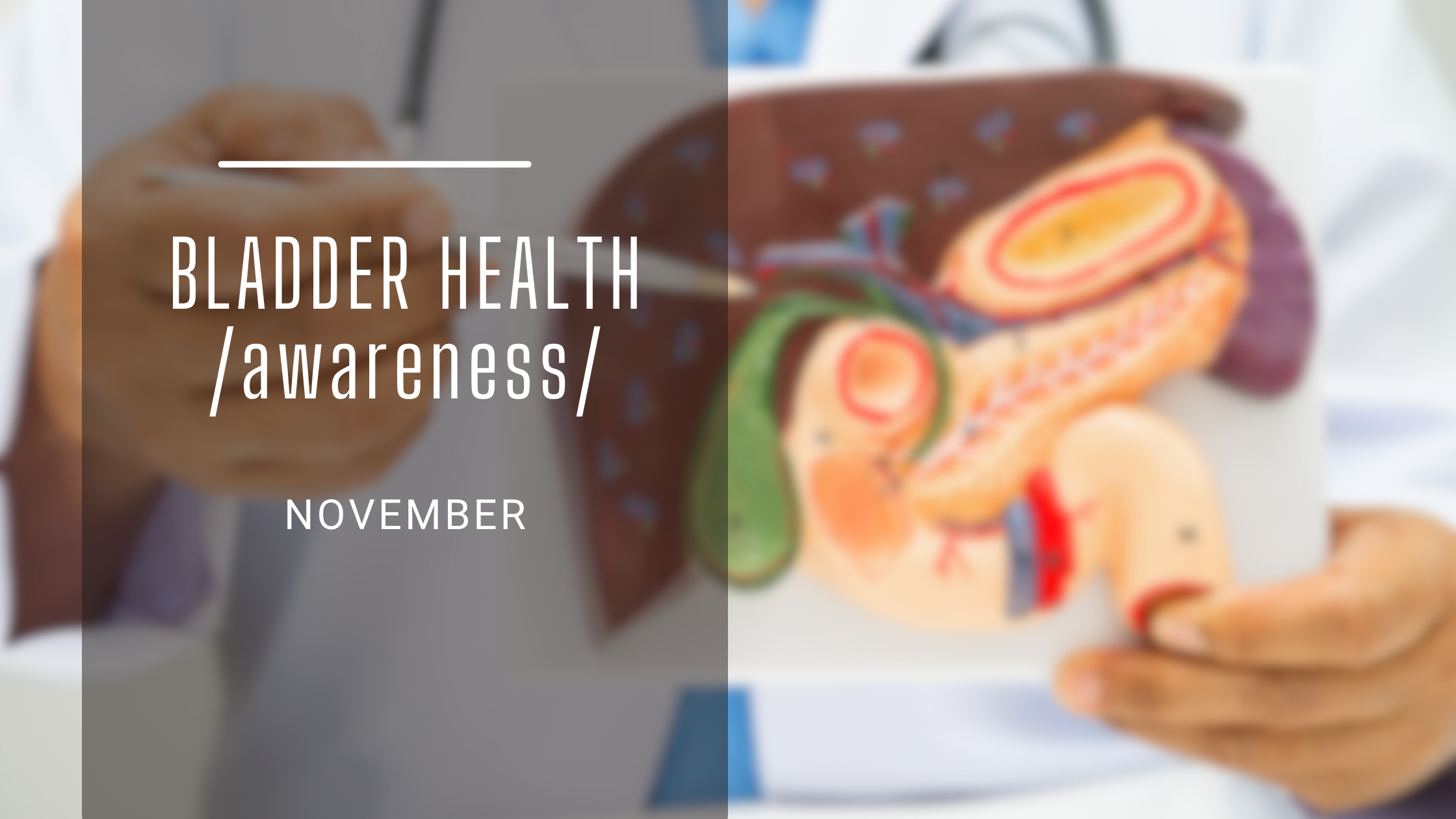November - Bladder Health Awareness

Let’s Talk About Women’s Urologic Health. We’ve all heard the whispers about unexpected bladder leaks from postpartum friends or older family members. Maybe you’ve personally dealt with constipation or lower back pain caused by pelvic floor issues. Whether it’s incontinence or an overactive bladder, these concerns are common among women of all ages.
Yet for many, embarrassment or shame still surrounds these topics and that silence can keep women from getting the help they need.
According to Toronsa Simpson, MSN, APRN, FNP-C, a nurse practitioner with CARTI Urology, there’s no reason for women to suffer quietly. “These are very common conditions,” she says. “Most can be improved or even corrected with simple lifestyle changes or specific treatments.” Her goal is to help women feel comfortable talking about their bodies and seeking care that restores confidence and quality of life.
Pelvic Organ Prolapse
As women age or after childbirth, hormonal changes, or weight gain, the pelvic floor muscles can weaken. This can cause organs to shift downward into the vaginal area, known as prolapse. Common symptoms include pelvic pressure, pain with intimacy, a weak urine stream, or leakage. After an exam, treatment might involve pelvic floor exercises, weight management, a supportive device called a pessary, or surgery in more severe cases.
Recurrent Urinary Tract Infections (UTIs)
Any woman can experience a UTI, but they become more common with age as hormonal changes affect the bladder and surrounding tissues. Preventive steps can make a big difference such as staying well-hydrated, urinating after intercourse, practicing good hygiene, or taking probiotics. For some, a urologist may recommend low-dose antibiotics or other tailored prevention plans.
Urinary Incontinence
Incontinence affects women young and old, often linked to childbirth, menopause, or weight changes. Thankfully, many options exist from simple lifestyle adjustments and pelvic floor therapy to advanced treatments like nerve stimulation or bladder Botox injections.
Painful Intercourse (Dyspareunia)
Discomfort during intimacy can have several causes, including inflammation of the bladder, thinning vaginal tissue after menopause, or pelvic floor dysfunction. Medical evaluation can uncover the reason and guide treatment that restores comfort and connection.
A Message of Hope and Healing. If you’re experiencing any of these symptoms, know that you are not alone and it’s okay to speak up. God designed our bodies with wisdom, and caring for them is part of honoring His creation. Seeking help isn’t a sign of weakness but a step toward healing and wholeness.
Don’t hesitate to ask your health care provider questions or seek a second opinion. With open conversations and compassionate care, women can take control of their urologic health and live fuller, more confident lives.
About Toronsa Simpson, MSN, APRN, FNP-C. Toronsa Simpson is an advanced practice registered nurse with CARTI, a not-for-profit multidisciplinary cancer care provider. She serves patients at the CARTI Urology North Little and CARTI Urology in Searcy. With a passion for women’s health and patient education, she encourages women to speak openly about urologic issues and seek care that promotes physical, emotional, and spiritual wellness.
